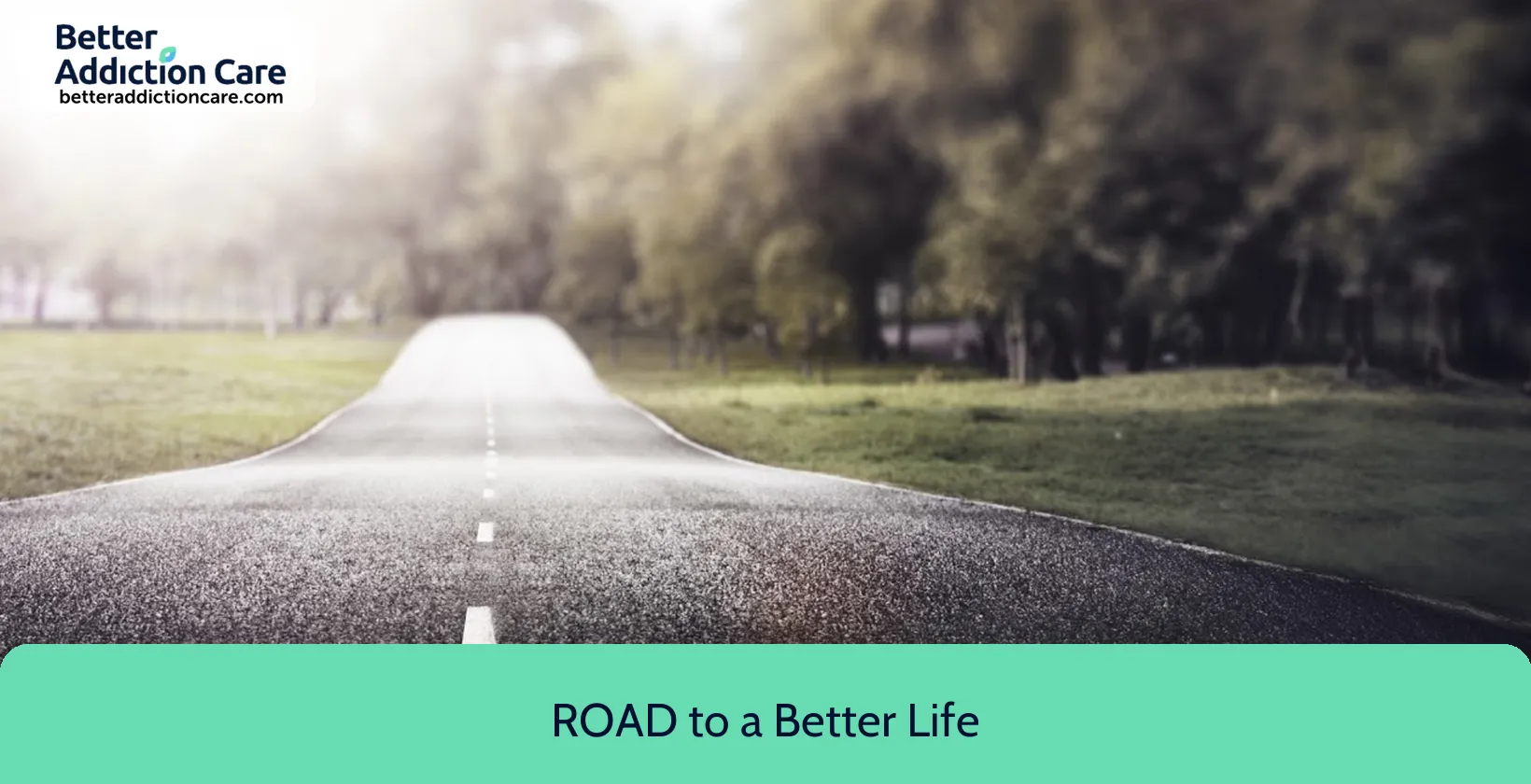ROAD to a Better Life
Overview
ROAD to a Better Life is an substance abuse treatment center that provides outpatient detoxification, for men and women from 18+ years of age. As part of their special programs, ROAD to a Better Life treats criminal justice (other than dui/dwi)/forensic clients, pregnant/postpartum women, and clients with co-occurring pain and substance use disorders. To help patients achieve sobriety, ROAD to a Better Life provides treats alcohol detoxification, opioids detoxification, and medication routinely used during detoxification.. Afterward, patients receive 12-step facilitation, individual psychotherapy, and cognitive behavioral therapy during treatment. ROAD to a Better Life is located in Wolfeboro, New Hampshire, providing treatment for people in Carroll County, accepting cash or self-payment, private health insurance, and medicaid.
ROAD to a Better Life at a Glance
Payment Options
- Cash or self-payment
- Private health insurance
- Medicaid
- Medicare
- Federal military insurance (e.g., TRICARE)
Assessments
- Comprehensive mental health assessment
- Comprehensive substance use assessment
- Screening for tobacco use
- Interim services for clients
- Outreach to persons in the community
Age Groups
- Adults
- Young adults
Operation
- Private for-profit organization
Highlights About ROAD to a Better Life
7.34/10
With an overall rating of 7.34/10, this facility has following balanced range of services. Alcohol Rehabilitation: 8.00/10, Drug Rehab and Detox: 8.15/10, Insurance and Payments: 6.00/10, Treatment Options: 7.21/10.-
Drug Rehab and Detox 8.15
-
Alcohol Rehabilitation 8.00
-
Treatment Options 7.21
-
Insurance and Payments 6.00
Treatment At ROAD to a Better Life
Treatment Conditions
- Mental health treatment
- Alcoholism
- Opioid Addiction
- Substance use treatment
- Co-occurring Disorders
Care Levels
- Intensive outpatient treatment
- Detoxification
- Aftercare
- Outpatient
- Outpatient detoxification
Treatment Modalities
- 12-step facilitation
- Individual psychotherapy
- Cognitive Behavioral Therapy
- Dialectical Behavior Therapy
- Motivational Interviewing
Ancillary Services
Languages
- Sign language services for the deaf and hard of hearing
Additional Services
- Pharmacotherapies administered during treatment
- Discharge Planning
- Breathalyzer or blood alcohol testing
Special Programs
- Criminal justice (other than DUI/DWI)/Forensic clients
- Pregnant/postpartum women
- Clients with co-occurring pain and substance use disorders
Contact Information
Read our Most Recent Article About Drug Addiction
DISCLAIMER: The facility name, logo and brand are the property and registered trademarks of ROAD to a Better Life, and are being used for identification and informational purposes only. Use of these names, logos and brands shall not imply endorsement. BetterAddictionCare.com is not affiliated with or sponsored by ROAD to a Better Life.









